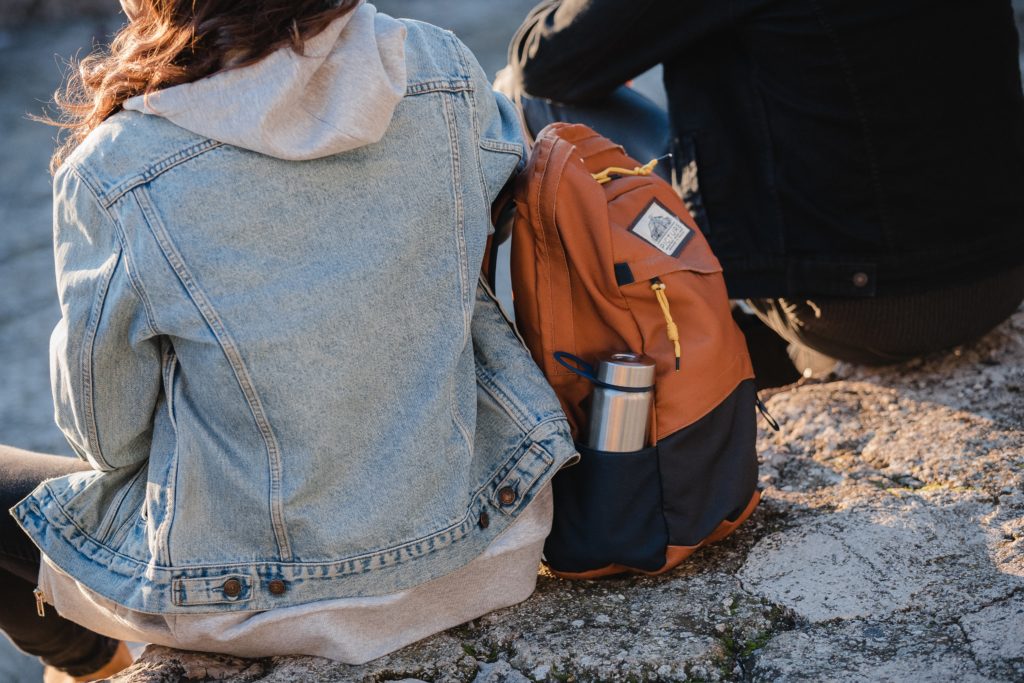Hiking is a wonderful way to connect with nature, challenge your physical abilities, and explore the great outdoors. Whether you’re a novice trekker or an experienced hiker, staying properly hydrated is crucial for a safe and enjoyable hiking experience. In this article, we will explore the importance of hydration, factors influencing your water needs, and how to determine the right amount of water to bring on your hike.
Understanding the Significance of Hydration:
Water is the elixir of life, and its importance becomes magnified when you’re out on the trail. Proper hydration is essential for regulating body temperature, lubricating joints, and aiding digestion. During physical activities like hiking, your body loses water through sweat and respiration. If you don’t replenish these lost fluids, it can lead to dehydration, which can cause dizziness, fatigue, and even heat-related illnesses in extreme cases.
Factors Influencing Your Water Needs:
Several factors influence how much water you need to consume during a hike:
- Duration of the Hike: The longer you plan to be on the trail, the more water you will need. A short, one-hour hike will require less water than a full-day or multi-day trek.
- Intensity of the Activity: Intense physical activities make you sweat more, leading to increased fluid loss. Uphill climbs and brisk walking require more energy, hence more hydration.
- Weather Conditions: Hot and humid weather accelerates dehydration. On a sunny day, you’ll sweat more profusely, necessitating additional water intake.
- Individual Factors: Your age, weight, fitness level, and overall health also influence your hydration needs. Younger, fitter individuals might need less water compared to older hikers or those with certain health conditions.
Calculating Your Water Needs:
A general guideline to calculate your water requirements during a hike is the “one liter per hour” rule. This means you should aim to drink at least one liter of water for every hour of hiking. However, this is just a rough estimate. To determine a more accurate amount, consider the following steps:
- Know Your Baseline: Start with understanding your daily water intake needs. A common recommendation is to drink eight 8-ounce glasses of water a day, known as the 8×8 rule.
- Factor in Activity: Adjust your baseline intake based on the duration and intensity of your hike. For example, if you’re planning a 4-hour hike, you might need an additional 2-3 liters of water on top of your daily requirement.
- Consider External Conditions: Account for weather conditions. Hot, dry days require more water intake compared to cooler, overcast weather.
- Listen to Your Body: Pay attention to your body’s signals. Thirst, dry mouth, and dark yellow urine are signs of dehydration. If you experience any of these, drink water immediately.
- Pack Extra Water: It’s always wise to carry a little more water than you think you’ll need, especially in case of emergencies or unexpected situations.
Tips for Staying Hydrated on the Trail:
- Invest in a Hydration System: Consider using a hydration bladder or a water reservoir in your backpack. These systems make it easy to sip water without stopping your hike.
- Pack Electrolyte Supplements: Electrolyte tablets or powders can help replenish the salts lost through sweating. They are particularly useful during long hikes or in hot weather.
- Schedule Water Breaks: Plan regular breaks during your hike to take sips of water. Don’t wait until you’re extremely thirsty to drink.
- Balance Water Intake: Avoid chugging large amounts of water at once. Instead, take small sips frequently to maintain a steady hydration level.
- Monitor Your Urine: Your urine color can indicate your hydration status. Clear or light yellow urine suggests proper hydration, while dark yellow or amber-colored urine indicates dehydration.
In conclusion, staying properly hydrated is paramount for a successful and enjoyable hiking experience. By understanding your body’s needs, considering external factors, and listening to your body, you can ensure that you’re carrying the right amount of water for your hike. Remember, a well-hydrated hiker is a happy and healthy hiker, ready to conquer any trail that comes their way.

